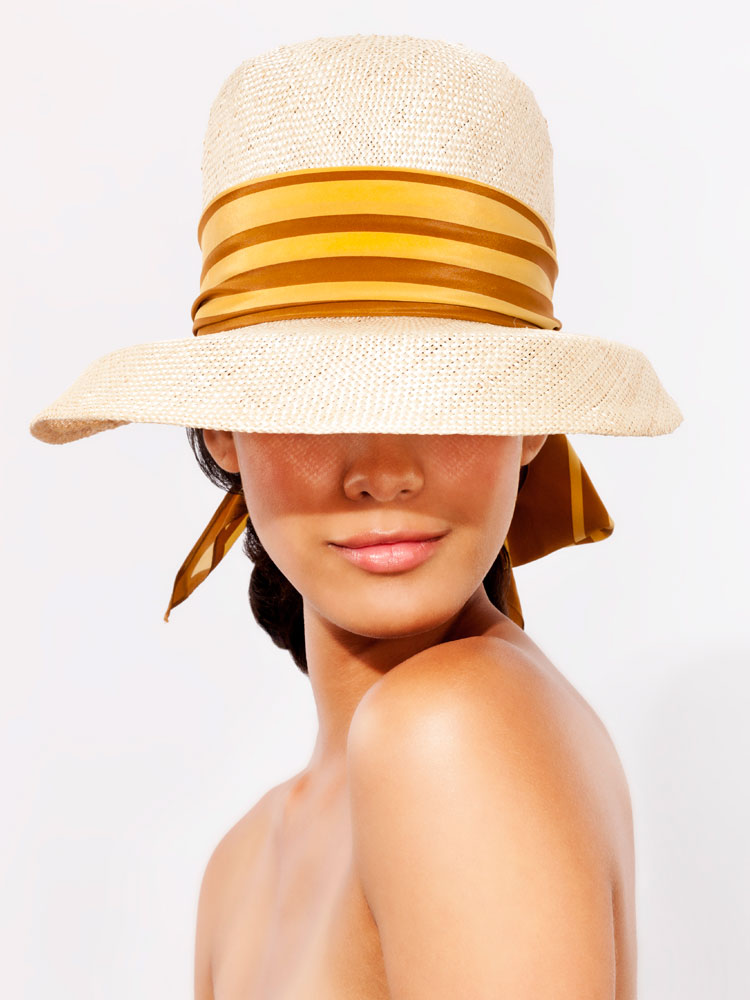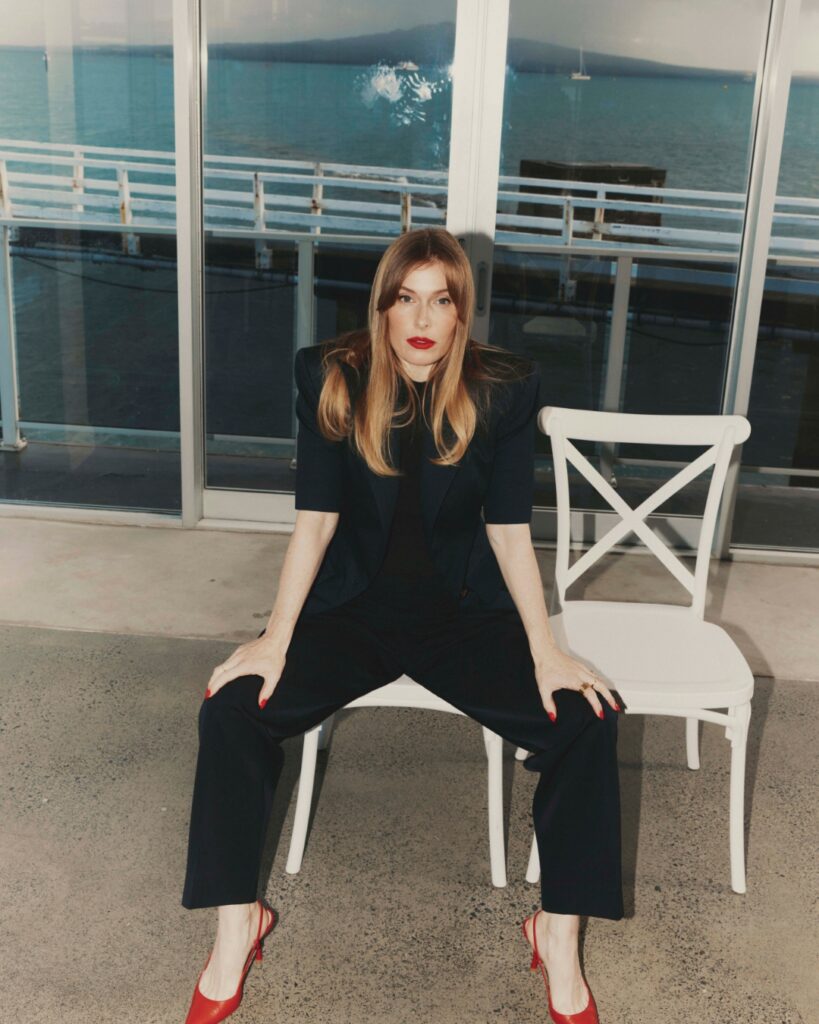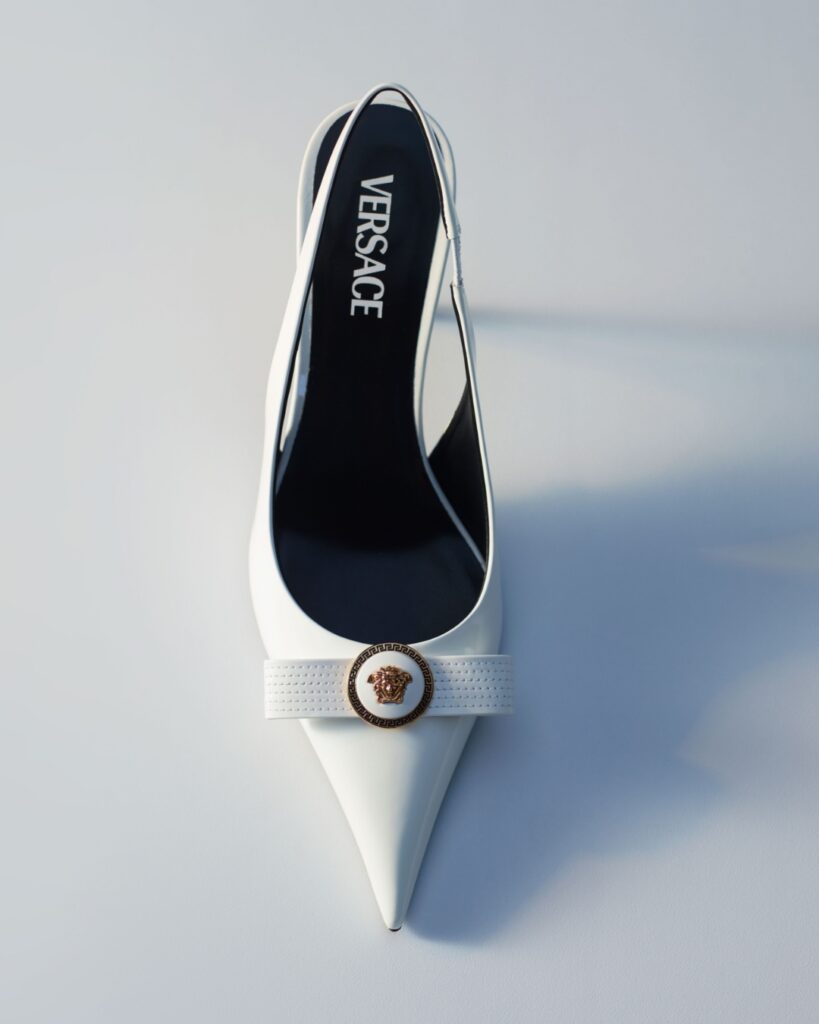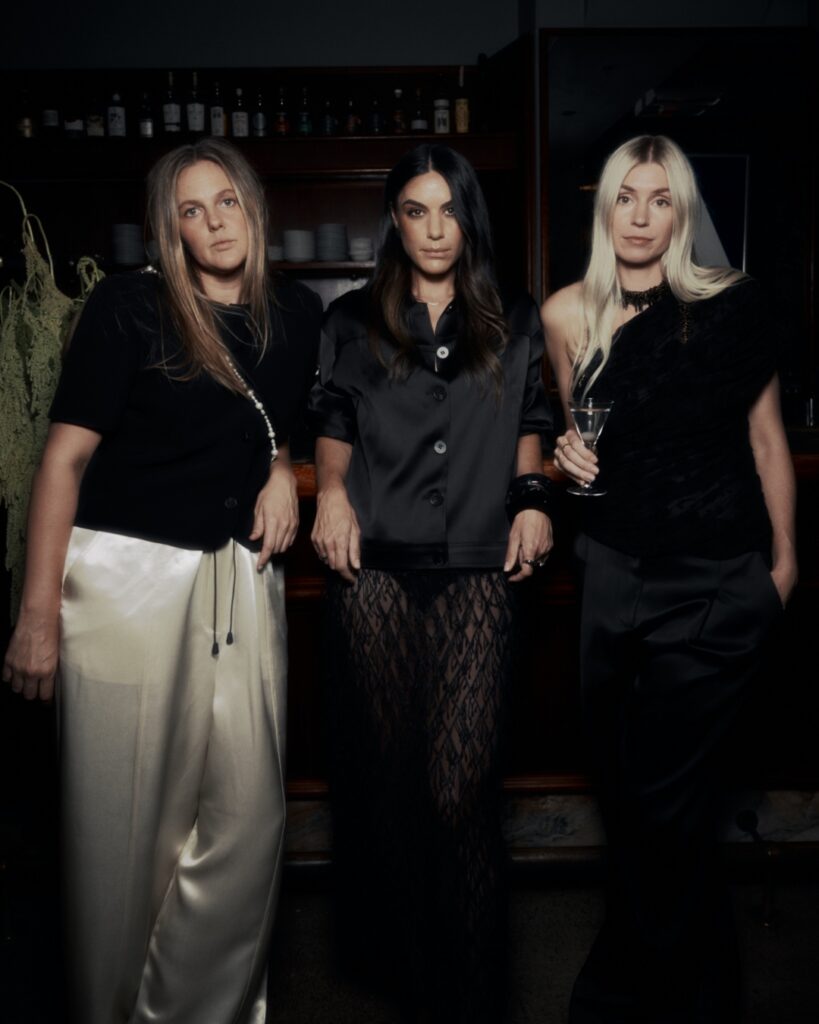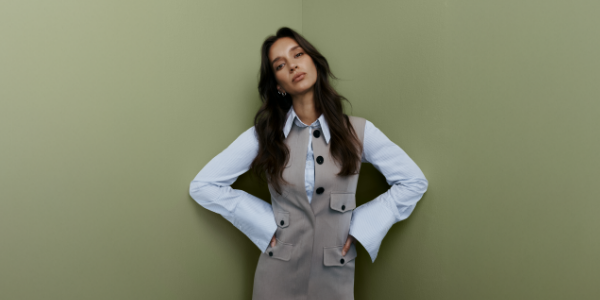Tracy Davis chats skincare and sun safety with Kim Larsen of beauty supply company House of Camille.
What should we be doing to protect our skin from the sun’s harmful rays?
Along with staying out of the sun during peak hours and covering up with clothing, we need to use broad-spectrum sunscreens for maximum protection. There are three types. First, chemical sunscreens which combine two or three different chemical ingredients to protect from different wavelengths of the sun’s rays. Second, physical sunscreens (cream and powder forms) with blockers such as zinc and titanium dioxide that physically block the sun’s rays. And finally, combination sunscreens formulated with both chemical and physical blockers.
Isn’t sunscreen in my make-up enough?
Many clients will tell me they have a sunscreen in their moisturiser or foundation. Unfortunately, these generally offer only minimum protection, such as SPF15, so they will only protect your skin for a maximum of one and a half hours. That’s why it is important to apply sunscreen over your moisturiser in the morning, and to top it up every two hours. A product like the Susan Posnick Brush On Block is useful for this. I like to use physical barrier creams, so I apply Medik8 or Skinsceuticals tinted sunscreen over my makeup and then top up during the day with the Brush On Block. Medik8’s physical sunscreen glides on evenly and slightly mattifies skin for a flawless finish.
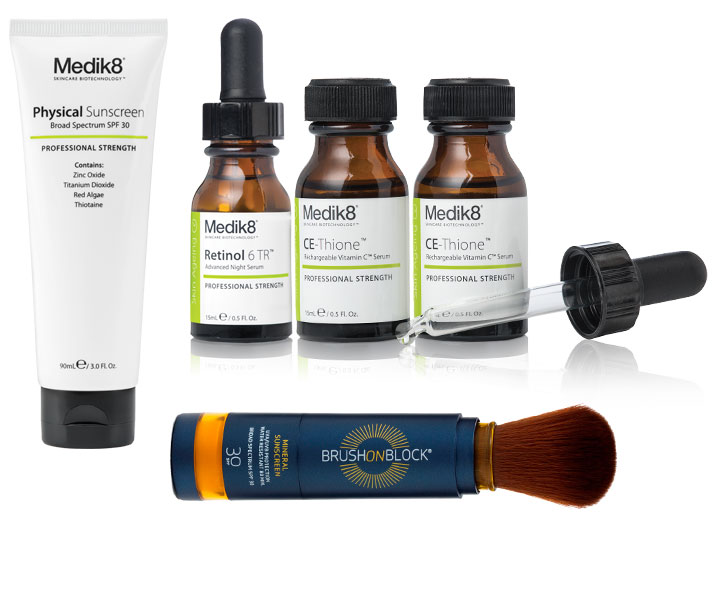
Beauty masks are a great way to look after our skin, what tips would you give regarding these?
Masks are an excellent way to rejuvenate the skin at home. I use masks twice a week, a nourishing one mid-week and a hydration mask on the weekend. Drier skin types should use nourishing masks, those with combination skin should try clarifying masks, and dehydration masks can be used on all skin types. My go-to products are Medik8’s Pore Refining Mask, which covers all skin concerns, and the Resultime Hydrating Plumping Mask, which gives clarity and radiance.
Apart from sunscreen, what products will help to prevent premature ageing?
Because 80 per cent of the ageing process is environmentally driven, we need to apply antioxidants like vitamin C and copper PCA to protect our skin during the day. At night, vitamin A is the gold standard in anti-ageing. Along with stimulating collagen and elastin, it treats pigmentation, improves hydration, and controls acne.
For more beauty news and trends, pick up a copy of Simply You, out now.


